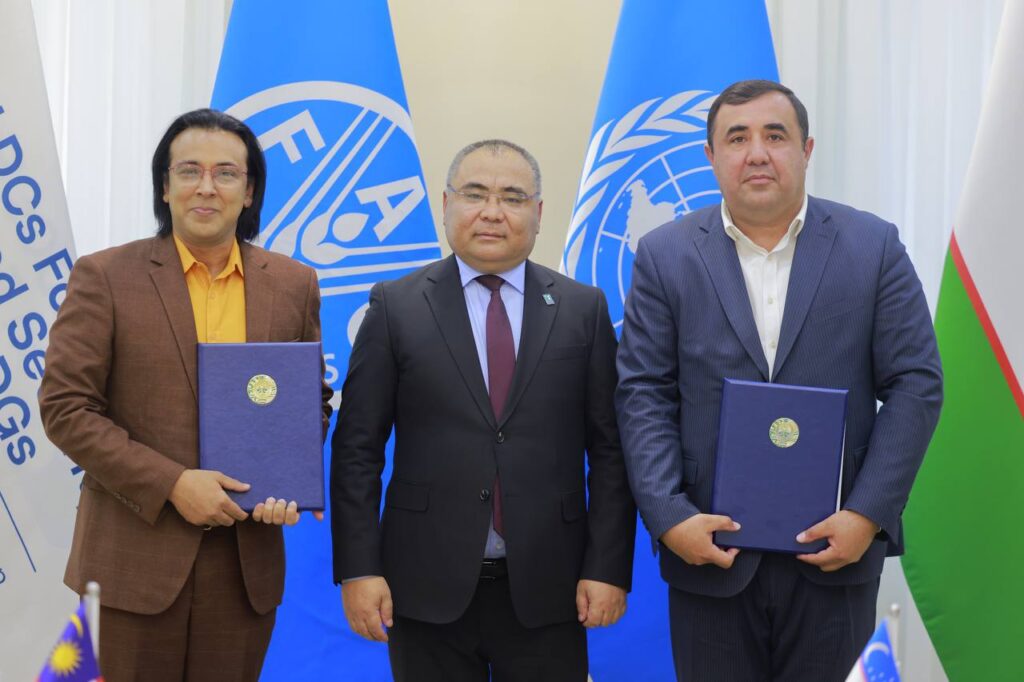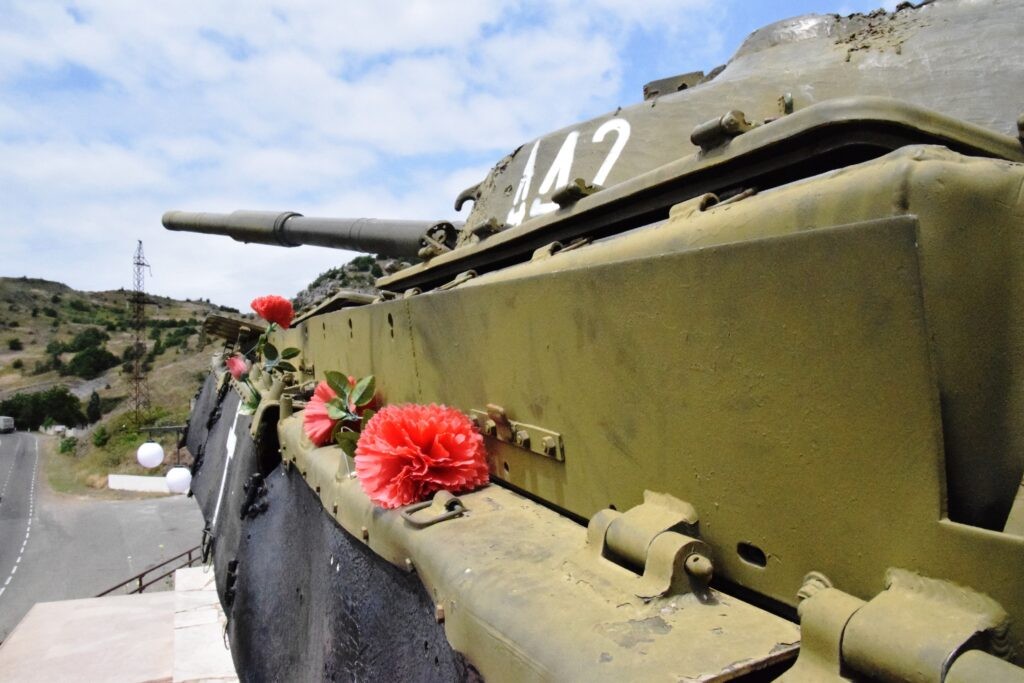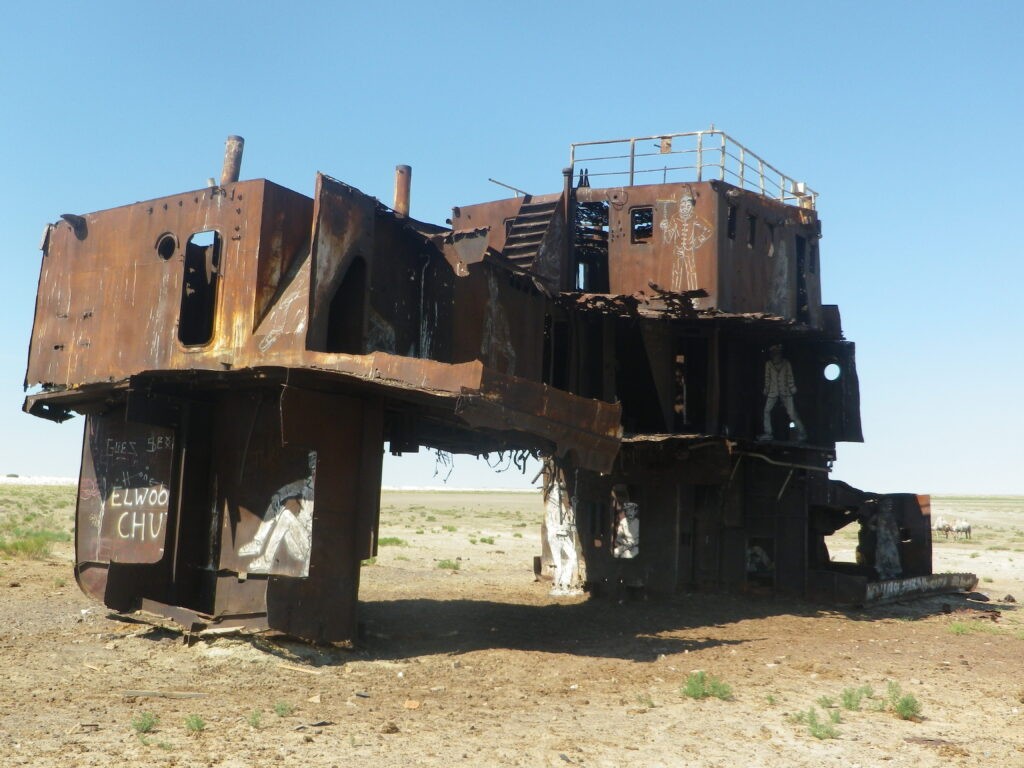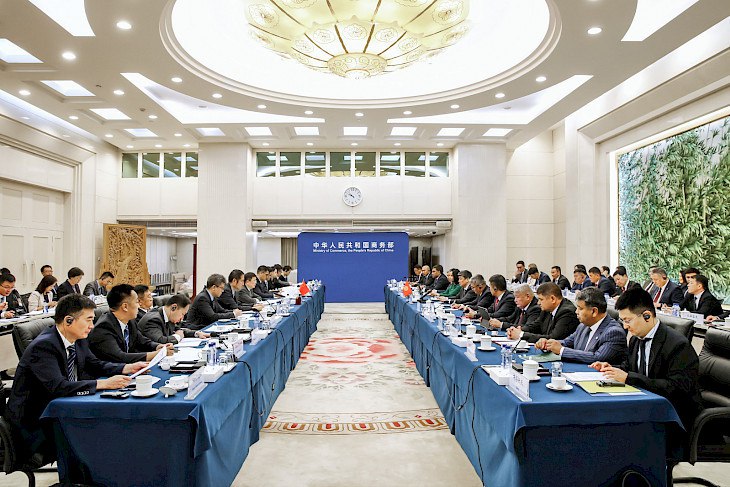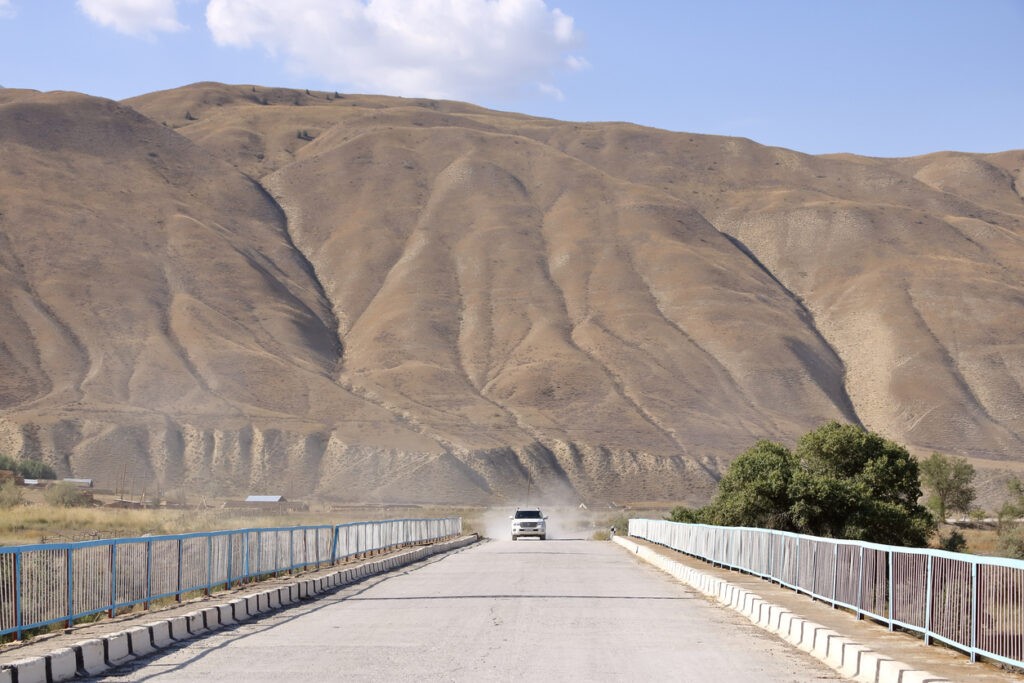Malaysian Meraque Group to Invest in Uzbekistan’s Agriculture Sector
The Ministry of Agriculture of Uzbekistan has reported that a memorandum of understanding on agricultural technologies was signed between the leading Malaysian DroneTech company Meraque Group and the Ministry of Agriculture of Uzbekistan. This cooperation aims to improve the Uzbek agriculture sector, which includes 4.3 million hectares of cultivated land. Meraque intends to invest 20 million Malaysian ringgits ($4.78 million) in the next three years to establish a production enterprise that will create 1,000 jobs and serve 100,000 hectares of agriculture in Uzbekistan. The company is also looking to raise an additional 30 million ringgit ($7.17 million) for technological improvements in the region. The report reads: “A key part of the partnership will be policy development to create an ecosystem of drones for agriculture that will improve productivity and sustainability for the country’s 100,000 farmers. Meraque also focuses on training and knowledge sharing through training programs to support drone operations.” Razali Ismail, CEO of Meraque, said that this cooperation will sustain the development of the two countries' agriculture. The Times of Central Asia previously reported that in April of this year, the European Union presented €6 million ($6.4 million) to the Uzbek government to support the country’s National Food Security and Healthy Nutrition Strategy. In addition to the grant, the EU has also provided funds to help the Ministry of Agriculture carry out reforms. Further funding of €20 million ($21.4 million) will be issued later this year and next to support Uzbekistan’s National Agriculture Development Strategy for 2020-2030. Also, 3 million hectares of pastoral and agricultural lands have been degraded in Uzbekistan, and almost 2 million hectares have become saline. According to experts, by 2030, water resources in the region are in danger of decreasing by nearly 6% due to climate change. In response, Uzbekistan has developed a national program for adapting agriculture to climate change and mitigating its effects, which allocates more than $294 million in grants.
